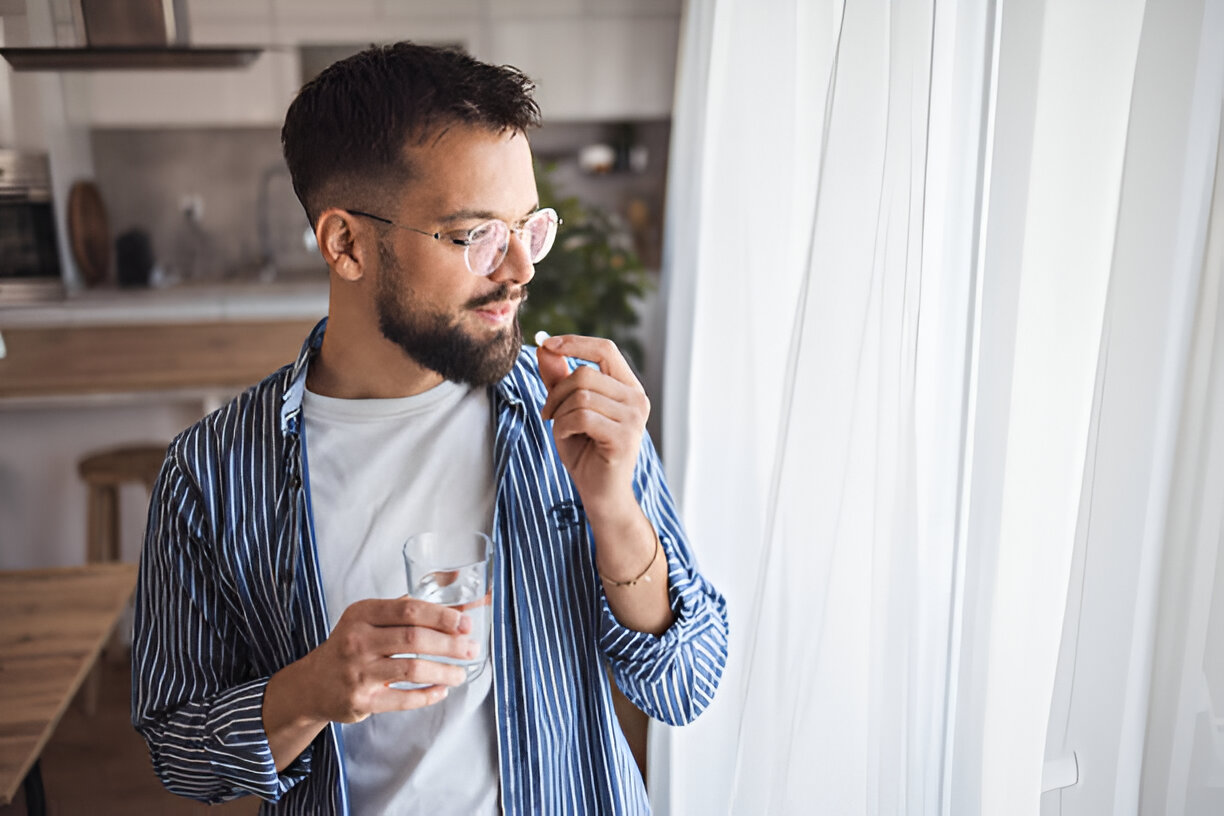The Future of Depression Treatment: Integrating Medical and Holistic Solutions

Depression is a complex and multifaceted mental health condition that affects millions of people globally. It’s not just an emotional state of sadness but a medical condition that can profoundly impact a person's ability to function in daily life. The World Health Organization estimates that 5% of adults worldwide suffer from depression, highlighting the critical need for effective treatment strategies.
Treating depression often requires a multifaceted approach that combines medical interventions, lifestyle changes, and psychological therapies. This article explores both conventional and holistic methods, offering a comprehensive look at how depression can be managed and treated.
Understanding Depression: More Than Just Sadness
Depression manifests in various forms, each with its unique symptoms and challenges. Recognizing the type of depression is essential to tailor effective treatment.

Types of Depression
- Major Depressive Disorder (MDD): Intense and persistent feelings of sadness, hopelessness, and lack of interest in activities.
- Dysthymia (Persistent Depressive Disorder): Chronic depression lasting for years but with milder symptoms than MDD.
- Bipolar Depression: Depressive episodes interspersed with periods of mania or hypomania.
- Seasonal Affective Disorder (SAD): Depression linked to seasonal changes, often occurring during winter.
- Postpartum Depression: Emotional and physical symptoms occurring after childbirth due to hormonal and lifestyle changes.
- Atypical Depression: Depression characterized by mood reactivity, increased appetite, and hypersomnia.
Pharmacological Approaches

1. Antidepressant Medications
Medications remain a cornerstone of depression treatment, especially for moderate to severe cases. They work by modifying neurotransmitter activity in the brain to improve mood and emotional stability.
Selective Serotonin Reuptake Inhibitors (SSRIs)
- Examples: Fluoxetine, Escitalopram, Sertraline.
- Mechanism: Boost serotonin levels by preventing its reabsorption into presynaptic neurons.
- Advantages: Generally well-tolerated with fewer side effects.
Serotonin-Norepinephrine Reuptake Inhibitors (SNRIs)
- Examples: Venlafaxine, Duloxetine.
- Mechanism: Increase serotonin and norepinephrine availability by blocking their reuptake.
- Advantages: Useful for depression with co-occurring anxiety or chronic pain.
Tricyclic Antidepressants (TCAs)
- Examples: Amitriptyline, Nortriptyline.
- Mechanism: Inhibit serotonin and norepinephrine reuptake while affecting other neurotransmitter systems.
- Advantages: Effective but with a higher risk of side effects like weight gain and sedation.
Monoamine Oxidase Inhibitors (MAOIs)
- Examples: Phenelzine, Selegiline.
- Mechanism: Block the enzyme monoamine oxidase, increasing neurotransmitter levels.
- Advantages: Effective for atypical or treatment-resistant depression but requires dietary restrictions.
Atypical Antidepressants
- Examples: Bupropion (dopamine and norepinephrine modulator), Mirtazapine (enhances serotonin and norepinephrine activity).
- Advantages: Tailored for specific symptoms like fatigue or insomnia.
2. Adjunctive Medications
- Examples: Lithium, Aripiprazole.
- Purpose: Augment antidepressant effects or stabilize mood, particularly in bipolar depression.
3. Emerging Pharmacological Treatments
- Esketamine (Nasal Spray): Rapidly acting medication for treatment-resistant depression.
- Psychedelic-Assisted Therapy (e.g., Psilocybin): Under research for its potential to reset maladaptive neural pathways.
Holistic and Non-Pharmacological Approaches

Medications alone may not suffice for many individuals. Holistic methods complement pharmacological treatments, addressing emotional, physical, and social well-being.
1. Psychotherapy
Psychological therapies are integral in understanding and managing depression.
- Cognitive Behavioral Therapy (CBT): Focuses on identifying and changing negative thought patterns.
- Interpersonal Therapy (IPT): Addresses relationship issues and life transitions.
- Acceptance and Commitment Therapy (ACT): Encourages acceptance of emotions while committing to value-driven actions.
2. Lifestyle Modifications
Lifestyle changes can significantly impact mental health.
- Physical Activity: Regular exercise increases endorphins and serotonin, reducing depressive symptoms.
- Nutrition: A balanced diet rich in omega-3 fatty acids, folate, and antioxidants supports brain health.
- Sleep Hygiene: Maintaining consistent sleep schedules improves mood and cognitive function.
3. Mindfulness and Relaxation Techniques
- Mindfulness-Based Cognitive Therapy (MBCT): Combines mindfulness with cognitive therapy principles.
- Yoga and Meditation: Promote relaxation and enhance emotional resilience.
4. Brain Stimulation Therapies
For individuals unresponsive to other treatments, brain stimulation methods offer alternatives.
- Electroconvulsive Therapy (ECT): Highly effective for severe depression with rapid onset of benefits.
- Transcranial Magnetic Stimulation (TMS): Non-invasive stimulation of specific brain regions.
- Deep Brain Stimulation (DBS): Experimental but promising for chronic, treatment-resistant cases.
5. Social and Environmental Support
Building a strong support network is vital.
- Support Groups: Sharing experiences with others reduces isolation.
- Structured Daily Activities: Helps restore a sense of normalcy and purpose.
6. Alternative Therapies
- Acupuncture: May improve mood by influencing the body’s energy pathways.
- Herbal Remedies: St. John’s Wort and saffron extract show potential for mild depression (consult healthcare providers).
The Role of Integrated Care

Treating depression often requires a blend of approaches. Healthcare providers increasingly advocate for integrated care models, where patients receive a combination of medications, therapy, and lifestyle guidance. Personalized treatment plans that adapt to an individual's needs are key to achieving lasting improvements.
Conclusion
Depression is a condition that can feel overwhelming, but it is also treatable with the right strategies. Medications such as SSRIs, SNRIs, and newer therapies play a critical role in stabilizing mood and alleviating symptoms. Equally important are holistic methods like psychotherapy, exercise, and mindfulness, which address the broader aspects of well-being.
The journey to recovery is often a collaborative effort between patients, healthcare providers, and supportive communities. By combining the strengths of pharmacological and non-pharmacological treatments, individuals can reclaim control over their lives and experience a brighter, more fulfilling future.
As research advances, new treatments and insights promise even greater hope for those struggling with depression. Whether through medication, holistic practices, or innovative therapies, the path to healing is within reach for everyone.


